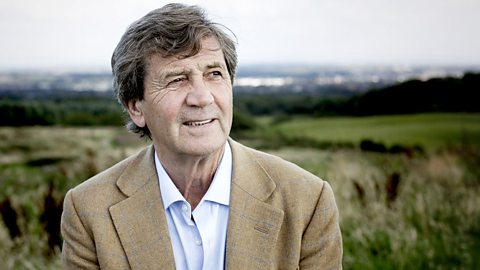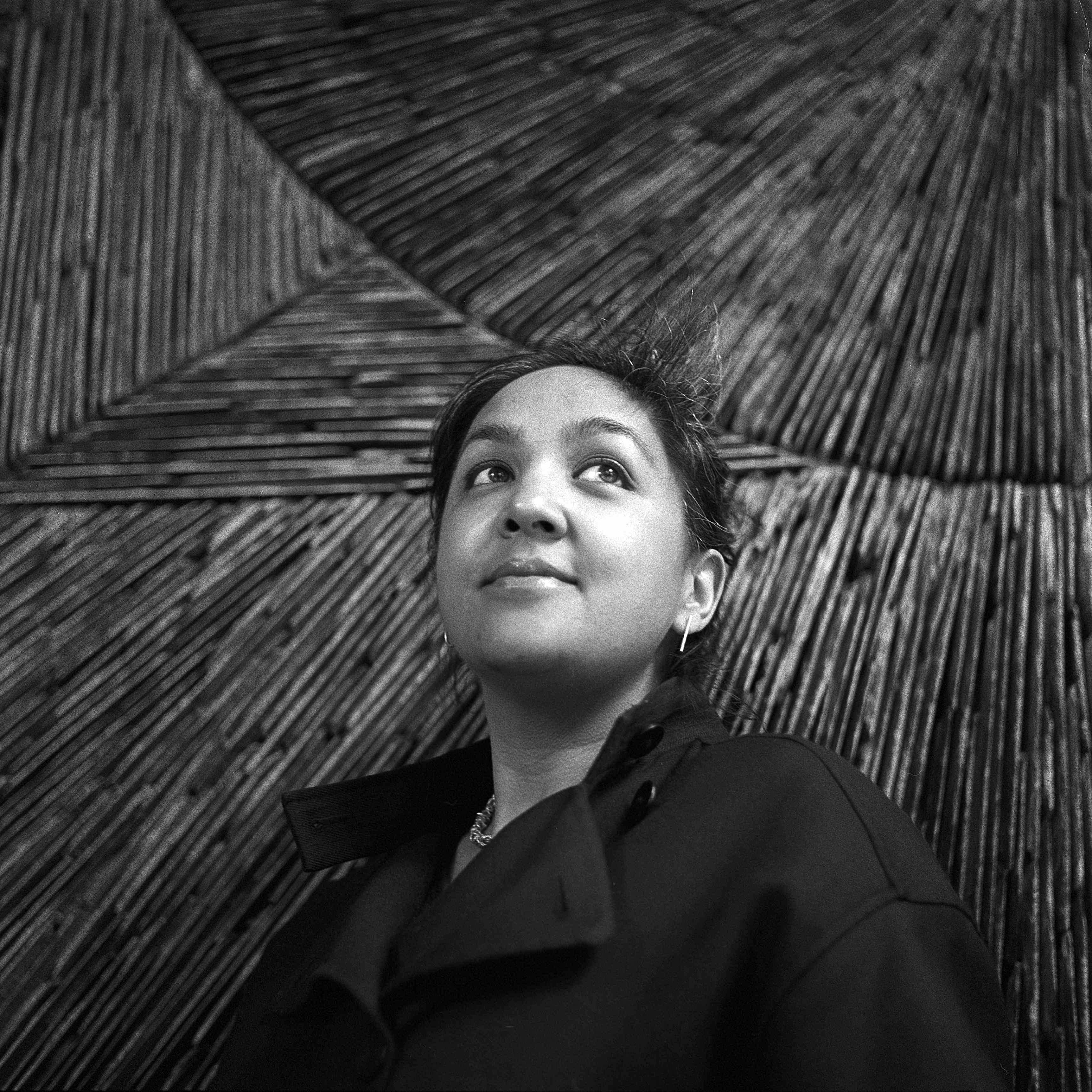On the wall above my desk is a quote from Virginia Woolf. This is it: “Anyone moderately familiar with the rigours of composition will not need to be told the story in detail; how he wrote and it seemed good; read and it seemed vile; corrected and tore up; cut out; put in; was in ecstasy; in despair; had his good nights and bad mornings; snatched at ideas and lost them; saw his book plain before him and it vanished; acted people’s parts as he ate; mouthed them as he walked; now cried; now laughed; vacillated between this style and that; now preferred the heroic and pompous; next the plain and simple; now the vales of Tempe; then the fields of Kent or Cornwall; and could not decide whether he was the divinest genius or the greatest fool in the world.”
If I’ve chosen to start this article with a quote from a writer who was anything but working class it’s because it reminds me that, at some fundamental level, the process of self-expression is difficult for us all. Writing is a universally fraught experience. It is also universally necessary to write and to read the voices that speak to and for us. We, all of us, have stories that we have to tell. We just need to be able to let them out.
A few months before Christmas last year, I suddenly found myself living back in my home town of Newcastle after several years away in Glasgow. I moved into a spare room in a dilapidated, sprawling house in a red brick suburb. The walls were peeling, the single-paned windows were cracked and covered with sellotape. The yard was a mess. There was a complication with the room I was going to move into and I ended up crashing in someone else’s bed for a few weeks, my belongings piled up around me in blue IKEA bags. I sunk into a depression, spending my days off work sleeping or binge-watching Netflix dramas in the dark, eating takeaway pizzas I couldn’t really afford. Every day it rained. During the week between Christmas and New Year I worked 70 hours, with only Christmas day off. I was physically and emotionally worn out. But I was writing; somehow, I was writing.
Like most writers living in the North of England, I’d been growing increasingly aware of the Northern Writers’ Awards with each year that passed. Home, now, in the North East and determined to focus on my writing when I could, I attended the Northern Writers’ Awards roadshow at Sunderland University (designed to give writers the tools to put together the best possible application that they could) and sat on a row near the back of the lecture theatre, scribbling down notes frantically in a borrowed notebook.
With only a couple of days to spare before the February deadline, I pulled together all of the documents I needed to apply, polished up the first chapter of my manuscript and sent it to some friends to look over, before hitting ‘Submit’. I’ve always been extremely shy and intensely self-conscious about my creative writing. I’ve rarely managed to show anyone it, at all. My old laptops are graveyards of half-written novels, short stories, Word documents that never saw the light of day. He wrote and it seemed good; read and it seemed vile.
My novel, Snowflake, is a work in-progress and follows a working class Millennial as she attempts to navigate what it means to be a Northern, liberal, university-educated woman in a world that seems oblivious to her potential. I wanted to explore exactly what it means to be a working class woman in 2019 and how we often struggle against narratives that we’ve already written for ourselves; that were, perhaps, written for us since before we were born. Paradoxically, there are more routes open to us than there were to our parents’ generation, yet it often feels we haven’t been given the tools to really make sense of it all. Maligned as Snowflakes, in many cases we’re the first generation who went to university, who haven’t married by 25, who have been saddled with tens of thousands of pounds of debt and who don’t – and possibly never will – own our own homes. There is no longer a set path through life and this has as much potential to be petrifying, as it does to be liberating. Being working class is a more fractious, complicated experience than ever before.
 It’s hard to summarise what it means to me to have won the Sid Chaplin award, and I suspect it may only be in years to come that I can fully appreciate its enormous impact. Nevertheless, I will try to put it into a few sentences: winning this award has made me feel heard, it has made me feel confident, it has made me feel like I belong. It’s a door that I’ve been kicking against for years and has suddenly been opened for me.
It’s hard to summarise what it means to me to have won the Sid Chaplin award, and I suspect it may only be in years to come that I can fully appreciate its enormous impact. Nevertheless, I will try to put it into a few sentences: winning this award has made me feel heard, it has made me feel confident, it has made me feel like I belong. It’s a door that I’ve been kicking against for years and has suddenly been opened for me.
I’ve met several of the judges, since, and their belief and support and enthusiasm for my work has been completely, wonderfully overwhelming. I can feel the reverberations of this echoing backwards through all the years that I loved literature and wanted to take part in the conversation, all the years that I struggled and kept trying: the 16-year-old me whose A-level dissertation was on Ken Loach and Shane Meadows; the 17-year-old, obsessed with the idea of being Shelagh Delaney, attending a Live Theatre course for playwrights and being too shy to speak; the 18-year-old who went to see a performance of Billy Liar at the People’s Theatre and was told by an elderly man, dismissively, that I’d have no idea what it was about.
Class is something that, for me, makes its mark on you during those most impressionable, vulnerable years. It’s something that happens to you while you’re young and forms the way that you look at and experience the world. It’s in my voice and my blood. It is worrying about money and a work ethic instilled as a young child. It’s expectation and limitation: expectation that you’ll conform, that you’ll work and you’ll marry and you’ll have children and then you’ll work some more. It’s not having the language to talk about poor mental health. It’s not getting above yourself. It is survival.
It’s remembering childhood holidays in Haggerston Castle, it’s in the folkloric Sunday afternoons where my granda leaned forward in his battered armchair and told me stories about his years in the foundry and the dances at Scotswood Road, when he told me about The Laa Toon End, the pub he’d begun drinking in as a 14-year-old and why he’d vote Labour until he died. It’s kicking footballs endlessly against brick walls on Summer evenings, fizzy Panda Pops and frozen waffles in front of the telly. It’s boredom.
 It was trying to change my accent when I went to university, it was learning what a glottal stop was when I was cornered by an academic and told to pronounce my ‘ts’ more clearly. It’s a pernicious voice in my head that says, ‘Not for you,’ when I go to book launches, to museums, or to see plays. It is there – it is always, always there – when I sit down to write anything. It was feeling, paradoxically, not working class enough when I sat in the back of taxis and told them that I was studying English Literature and, again, trying to harden and remember, to modulate, to assimilate.
It was trying to change my accent when I went to university, it was learning what a glottal stop was when I was cornered by an academic and told to pronounce my ‘ts’ more clearly. It’s a pernicious voice in my head that says, ‘Not for you,’ when I go to book launches, to museums, or to see plays. It is there – it is always, always there – when I sit down to write anything. It was feeling, paradoxically, not working class enough when I sat in the back of taxis and told them that I was studying English Literature and, again, trying to harden and remember, to modulate, to assimilate.
I’m not going to do that, anymore.
I’d like to thank the Chaplin Family, The North Agency, Newcastle University, Carmen Marcus, and, of course, New Writing North for supporting and seeing the value in giving a platform to working class writers and, in particular, for supporting this working class writer. The pride and sense of enormous gratitude I feel for winning this first award in Chaplin’s name is something that I think is never going to leave me.
 Finally, I’d like to say this: we’re living in the most dangerous, divided and inflammatory times in recent history. Working class people have been lied to and manipulated by those with intense privilege, people who really only cared for their own interest and maintaining their position of power. Sid Chaplin worked in an industry that was later decimated by politicians, with enormous, traumatising cost for the communities involved. Right now, those same people are again jockeying for position to do it all over again to our industries while scapegoating a partnership that, yes, is imperfect, flawed, bureaucratic and desperate for change, but has poured millions of pounds of investment into those communities.
Finally, I’d like to say this: we’re living in the most dangerous, divided and inflammatory times in recent history. Working class people have been lied to and manipulated by those with intense privilege, people who really only cared for their own interest and maintaining their position of power. Sid Chaplin worked in an industry that was later decimated by politicians, with enormous, traumatising cost for the communities involved. Right now, those same people are again jockeying for position to do it all over again to our industries while scapegoating a partnership that, yes, is imperfect, flawed, bureaucratic and desperate for change, but has poured millions of pounds of investment into those communities.
When that is taken away, the brunt of it will be felt by the working class villages and towns like the one that I grew up in. We’re the ones who will struggle the most, who will lose our jobs and our livelihoods. We will be encouraged to turn against one another in the fallout. That process has already begun. The potential for what may happen over the next few years is terrifying.
So, whatever our political opinions, we must remember that our common goals and our shared experiences unite us and we must continue to talk openly, sensitively and understandingly to each other. It’s more vital than ever.
By Lyndsey Skinner, Winner of the Sid Chaplin Award 2019











